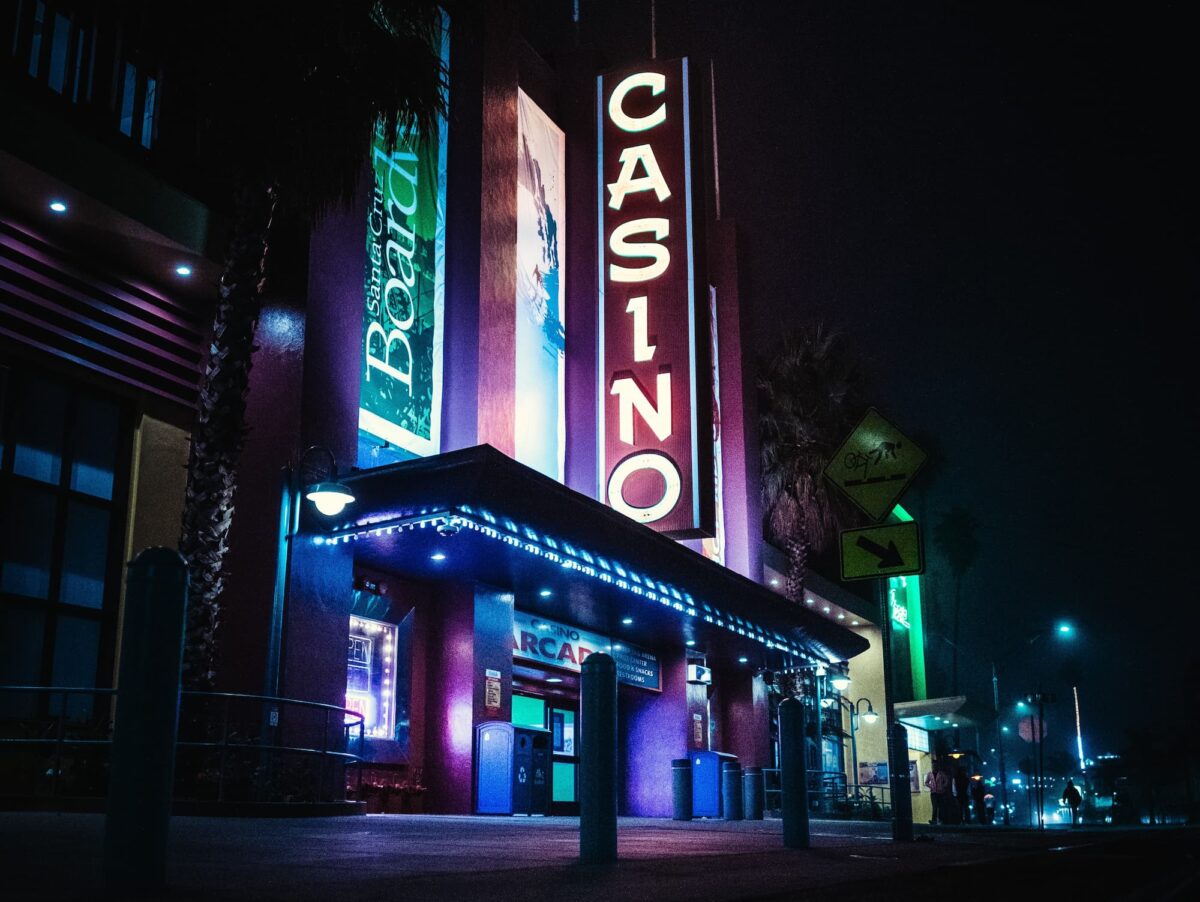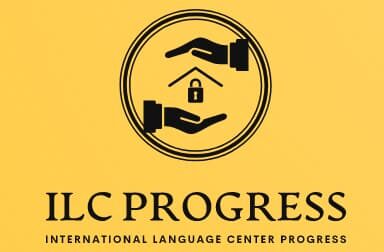The 21st century has experienced a remarkable evolution in technology, with Artificial Intelligence (AI) leading the charge. A concept that once only existed within the realms of science fiction, AI is now transforming the way we work, interact, and entertain ourselves. Among the countless sectors being influenced by AI, a particularly noteworthy area of debate is its impact on the role of translators. As machine learning and natural language processing become more advanced, the question arises: Can AI replace the profession of a translator? To explore this intriguing quandary, it is essential to examine the complexities of translation and the current capabilities and limitations of AI.
The Intricacies of Translation
Translation involves much more than the simple conversion of words from one language to another. A translator’s task is multifaceted, requiring a deep understanding of both the source and target language, comprehension of cultural contexts, and often, a knowledge of specific industries or subjects. This blend of linguistic expertise and cultural sensitivity is necessary to accurately convey not just the literal message but also the implied meaning, tone, and context of the original text.
Consider the realm of online casinos, an industry that has been expanding rapidly in recent years. With the advent of new platforms, the demand for translation services in this industry has grown. A new online casino, operating on a global scale, would need to ensure that its content is accessible and culturally appropriate for users from various countries. This involves not only translating the rules of various games but also navigating the subtleties of gaming jargon and culturally specific gambling terminologies. Such tasks underscore the complexity of translation that goes beyond mere word-to-word correspondence.

Artificial Intelligence in Translation
AI has undeniably made significant strides in the field of language translation. Machine learning algorithms and neural networks have enabled the creation of sophisticated translation tools that can deliver translations with impressive speed and a commendable degree of accuracy. For simple, literal translations, these AI-powered tools can indeed be extremely effective.
However, AI translation tools, as of current technological advancements, have their limitations. While they can handle direct translations, they often fall short when it comes to nuanced, context-based translations. As translation involves understanding cultural subtleties, idiomatic expressions, and specific terminologies, AI tools can struggle to provide accurate translations in such scenarios.
For instance, in the context of a new online casino, while AI could accurately translate straightforward information like game rules or user interfaces, it may stumble when translating the unique colloquialisms and culturally specific expressions common in the world of gambling. Misunderstandings or inaccuracies in such cases can lead to confusion or even offense, highlighting the limitations of AI in handling the subtleties of human language and culture.
The Future of AI and Translation
The future of AI in translation looks promising. With continuous advancements in technology, it is plausible that AI’s proficiency in translation will continue to improve. In the foreseeable future, AI could potentially handle a larger portion of standard, literal translation tasks, streamlining the translation process.
Nevertheless, as things stand, AI is far from ready to replace human translators completely. The cultural understanding, context sensitivity, and creativity that human translators bring to their work are qualities that AI currently lacks. This shortcoming becomes apparent in industries like online casinos, where cultural sensitivity and understanding of specific gaming jargon are critical. In such fields, the demand for human translators is unlikely to wane.
In conclusion, while AI continues to make significant strides in many areas, including translation, it is unlikely to replace human translators entirely in the foreseeable future. The complexities and nuances of human language, combined with the cultural sensitivities inherent in translation work, make it a uniquely human task that AI can only assist with but not entirely take over. The intrinsic human elements of understanding, empathy, and cultural awareness are presently beyond the reach of AI.
AI’s strengths, such as speed, efficiency, and the ability to handle vast volumes of data, can greatly complement the work of human translators. In industries like new online casinos, AI can provide quick, literal translations for a large part of the content, while human translators focus on areas that require more nuanced understanding and cultural sensitivity.
The future of translation likely lies in a collaborative model where AI and human translators work together, leveraging their respective strengths. AI could handle the heavy lifting of translating large volumes of text, while human translators could focus on the refinement, ensuring cultural appropriateness and accuracy in complex or sensitive areas.
While AI is progressing at a breakneck speed, it does not yet possess the ability to understand and reproduce the subtleties of human thought processes, emotions, and cultural nuance. Until we reach that point, if we ever do, the profession of a translator will remain irreplaceable.
So, while it’s important to embrace the advancements in AI and their potential applications in various fields, it’s equally crucial to recognize the unique value that human translators bring to the table. By combining the strengths of both, we can create a more efficient, accurate, and culturally sensitive translation process, suitable for an increasingly interconnected world.
